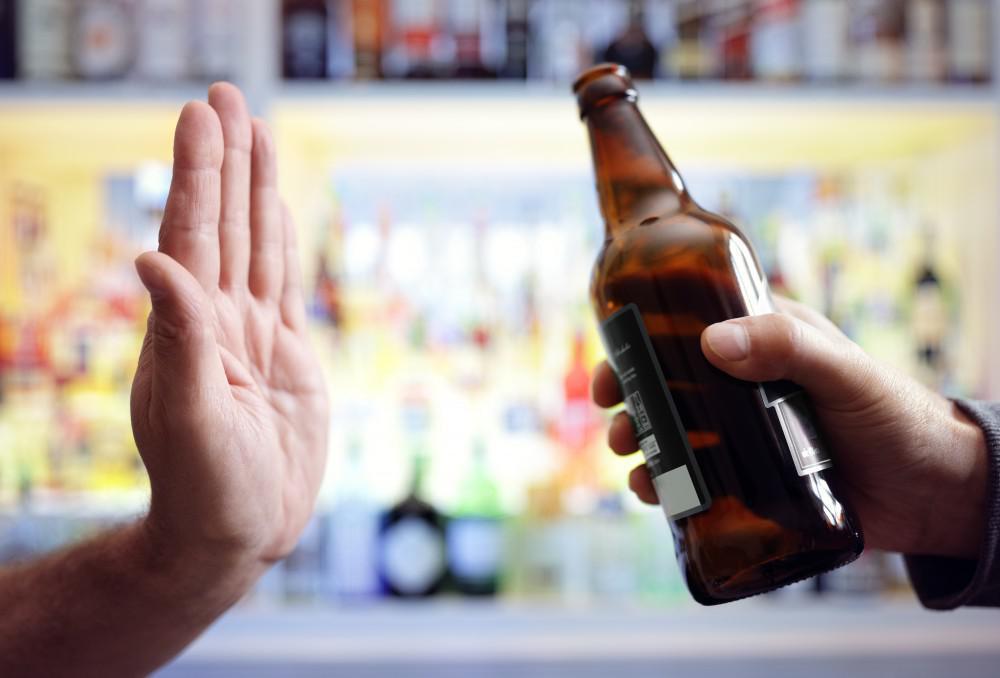
5 Tips for Staying Sober
You’ve done the work to become clean and sober, and you want to do what you can to stay that way. Here are five great tips that will help you safeguard your freedom from a substance use disorder.

Imagine if a friend of yours broke a bone—you’d likely encourage them to seek medical care, right? Now, if that same friend is facing mental health challenges, would you still advise them to seek help? Unfortunately, many people hesitate to do so, often under the misconception that mental health struggles are less important than physical ones. However, it’s important to recognize that just because one condition is visible and the other is not, it does not mean one is any less significant. Mental health is just as critical as physical health, and the two are deeply interconnected with each having an impact on the other.
Substance use is one area where the relationship between mental and physical health is particularly evident. Prolonged alcohol use can lead to significant damage to the frontal lobe, liver cirrhosis, and cognitive impairments. Similarly, heroin abuse increases the risk of infectious diseases, impairs the brain’s white matter (which is crucial for decision-making), and damages the liver. Cocaine use can disrupt the brain’s reward system, potentially lead to psychosis, and strain the heart. These are just a few examples, but they illustrate how recovery is not only an emotional or mental health matter; it is an essential aspect of overall healthcare.
At Northview Wellness, we believe recovery is an integral part of the healthcare journey. We take a holistic approach to recovery, treating not just symptoms, but the whole person. Our team of experienced counselors and medical professionals collaborate to provide personalized care that addresses both physical and mental health aspects of recovery. If you or someone you know is ready to make recovery a priority as part of their health journey, we’re here to support you. Reach out today to learn how we can help you achieve complete wellness.

You’ve done the work to become clean and sober, and you want to do what you can to stay that way. Here are five great tips that will help you safeguard your freedom from a substance use disorder.

The connection between a substance use disorder and a mental health issue is a strong one, as the nearly eight million Americans who have a co-morbidity prove. When this occurs, treating both issues is paramount.

Addiction is a chronic disease that requires constant vigilance and good management. When a person falls short, relapse can occur. If you’re worried that a loved one has relapsed, here are some signs to look out for.

You believe that you’re drinking isn’t normal anymore, and you’re tired of the overwhelmingly negative effects that alcohol is having on your life. The good news is that alcoholism is highly treatable.

The rise in availability of telehealth services has been great news for those who need (or would prefer) to receive quality health care from the comfort of their own homes. These services also extend to substance use disorders.

Whether you’ve tried to break your opioid addiction before or this is your first attempt, why not greatly increase your chances of success with Sublocade®? Here’s a look at how Sublocade can ease your recovery journey.